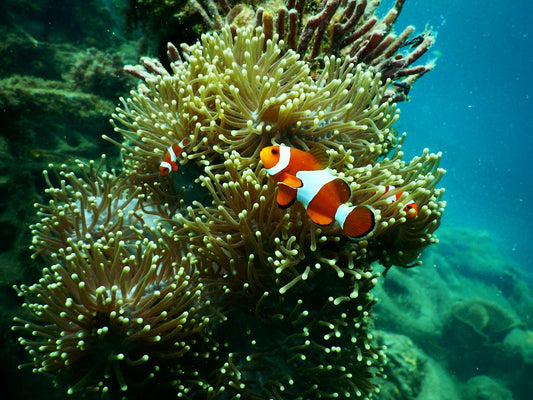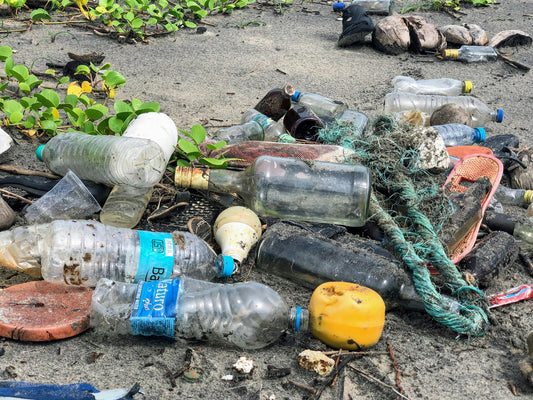Share
A Global Funding Plan to Replenish Nature:
The globe's nations have inked a funding strategy at UN discussions in Rome aiming to embolden efforts to revitalize nature. Last year, these conversations faced a dead end in Colombia due to insurmountable divisions. This time around, with the backing this plan has received, it is highly anticipated that countries will stand a better chance to attain their aim of scraping together a whopping $200bn (£159bn) by the year 2030 specifically dedicated to biodiversity endeavors.
The Sixth Mass Extinction Trigger:
The rapid unraveling of biodiversity at an alarming rate worldwide has left scientists on their toes, with some even warning that humans could potentially be triggering the "sixth mass extinction" on Earth. The tremendous acceleration in the extinction rate over the last half-century has created a topsy-turvy situation for flora and fauna, who are struggling to hold onto survival amidst the mounting threats from human activities and the ever-changing climate. By 2022, the necessity for a drastic action plan was inevitable.
A Landmark Deal:
Countering this decline in nature, countries collectively approved a unique deal to safeguard 30% of the Earth's land and seas. To make this dream a reality, participating countries decided to mobilize $200bn (£159bn) annually by the year 2030. However, the recent data from the OECD showed that only a meager $15bn (£12bn) has been assembled to date.
After three challenging days of discussion in Rome, a new strategy was agreed upon in the wee hours of Thursday night. This strategy included developing national funding schemes, committing to a permanent fund for nature, and prioritizing funding for indigenous groups. The agreement has been largely recognized as an international cooperation triumph and a beacon of hope in the face of escalating global trade disputes.
Environmental agencies expressed their satisfaction at the reached agreement but emphasized the urgency of concrete monetary delivery. Commenting on the negotiations, Jill Hepp, biodiversity policy lead at Conservation International, stated, "While this is a moment to celebrate, we also need to see action and innovation immediately following these decisions." She added that our food, water, livelihoods, and economies all depend on a thriving natural world.
According to estimations, over half of the global GDP hinges on nature, with up to 4 billion individuals depending on the planet's oceanic resources and forests. Despite the agreement being secured, countless nations have yet to present their strategies for addressing biodiversity loss within their territories - a deadline that was up last year. The Joint Nature Conservation Committee reported that for some countries, only 6.5% of land is adequately preserved.
We hope you enjoyed this article. Please feel free to leave a comment below if you want to engage in the discussion.
If you want to read more like this, make sure to check out our Blog and follow us on Instagram. If you are interested in truly sustainable products, check out our Shop.
Check out the original source here.








